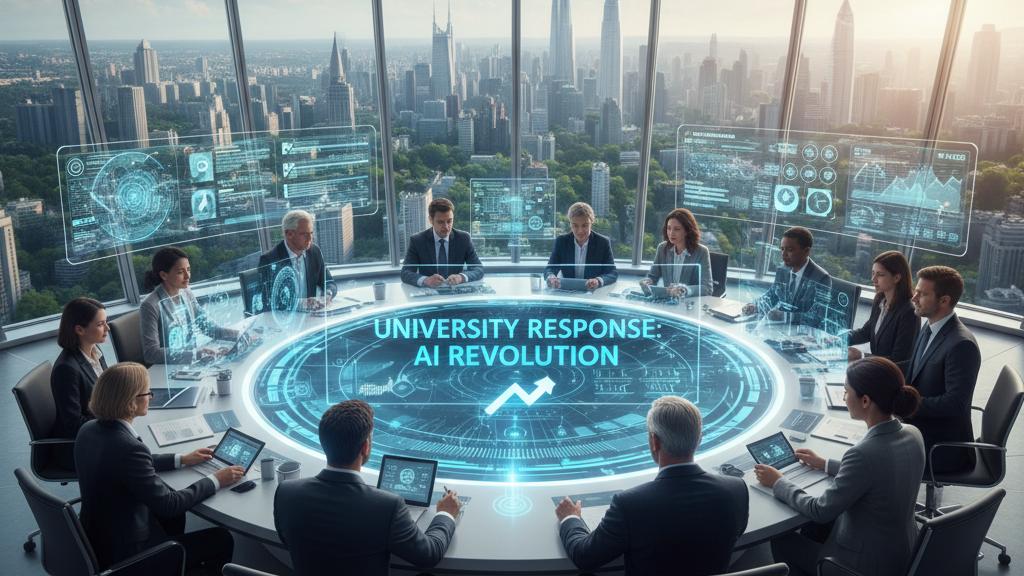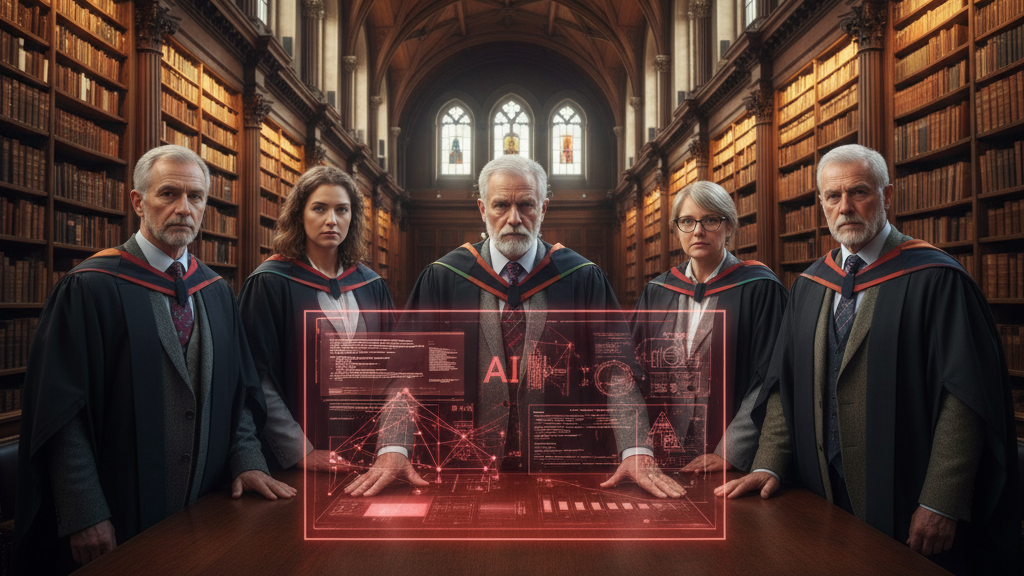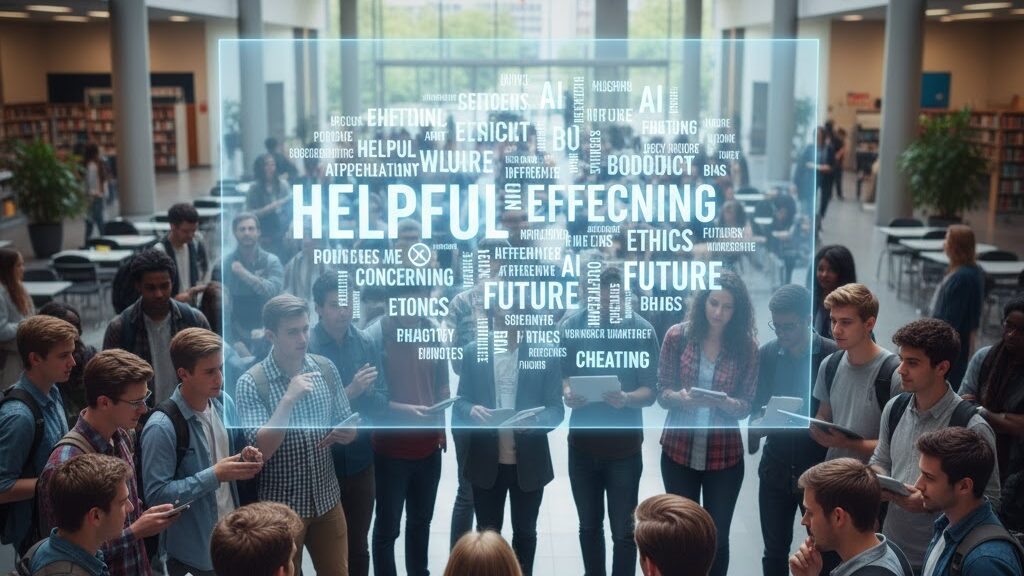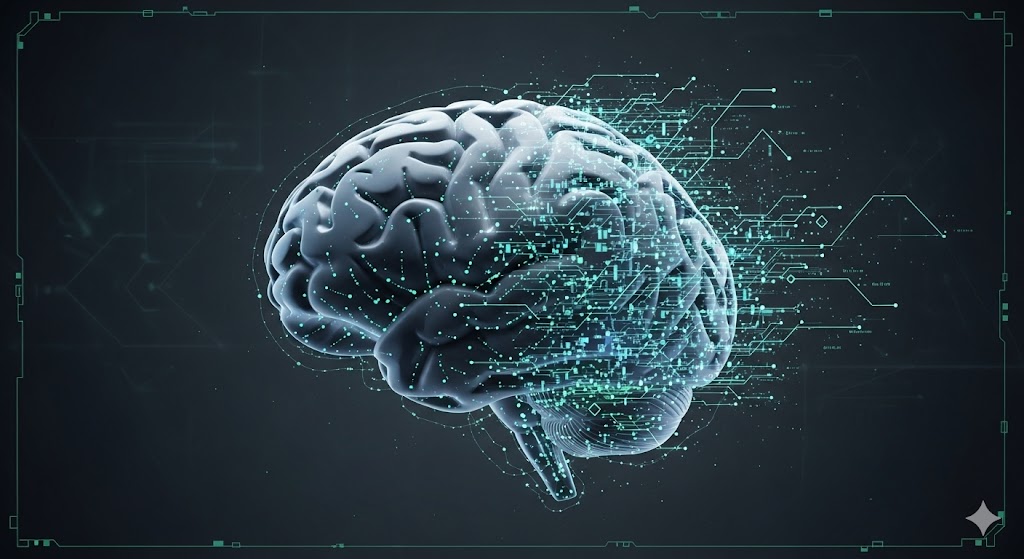
Source
The Australian Financial Review
Summary
Australian universities are increasingly under pressure to adapt, as students expect to graduate not just with subject knowledge but with fluency in AI and the ability to work alongside it. Institutions are responding by integrating AI-capabilities into curricula, industry partnerships, and upskilling programmes. The change is driven as much by employer demands as student expectations. There are challenges—ethical issues, resource constraints, staff training, and policy development—but the sentiment is that universities can’t treat AI as an optional extra. To remain relevant, institutions must develop AI as part of professional preparation, incorporating both technical tools and human skills (judgement, adaptability).
Key Points
- Students expect universities to prepare them for AI-enabled work; they see AI literacy as part of career readiness.
- Universities are adding AI elements to teaching, curriculum, and partnerships with industry to meet those expectations.
- Significant challenges: ensuring ethical use, upskilling staff, securing resources for tools, and creating relevant policy frameworks.
- It’s not just about automating tasks; universities see need to emphasise human skills that AI can’t replicate (creativity, critical thinking, etc.).
- Institutions are also feeling urgency: lagging behind risks graduates being underprepared for a changing job market.
Keywords
URL
https://www.afr.com/technology/unis-respond-to-new-challenge-of-ai-revolution-20250905-p5msot
Summary generated by ChatGPT 5




